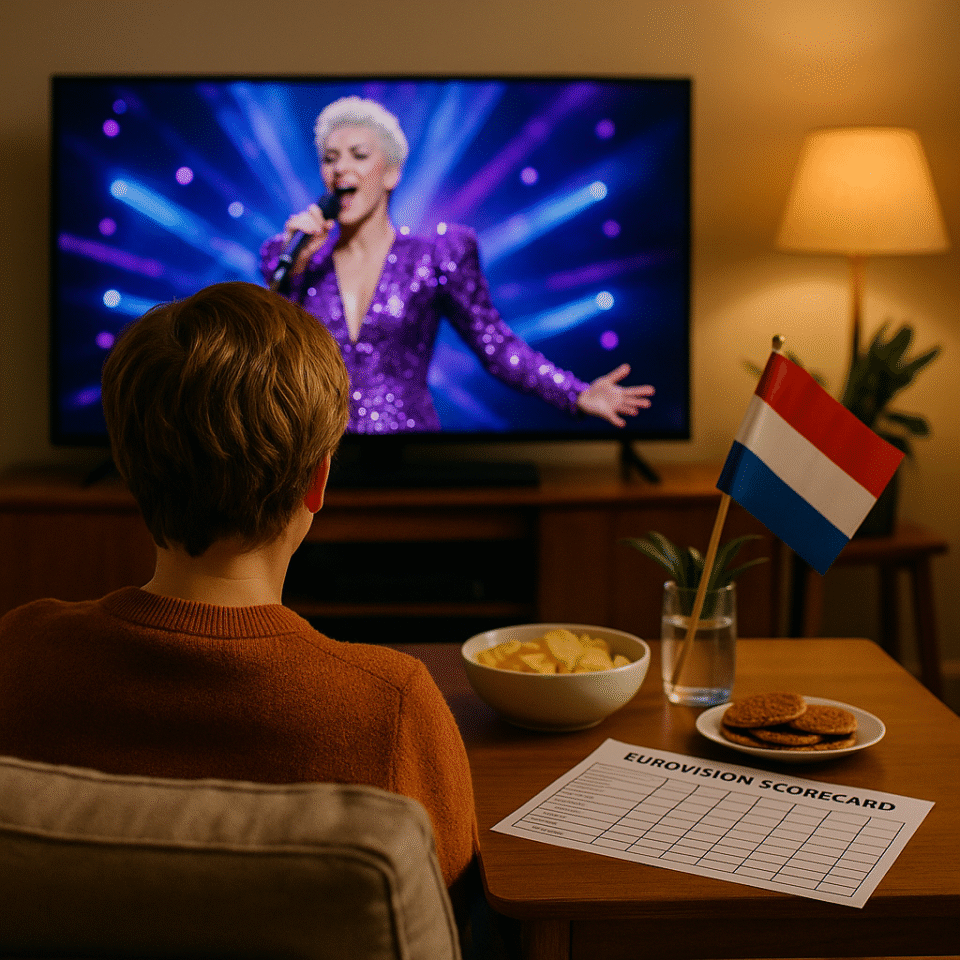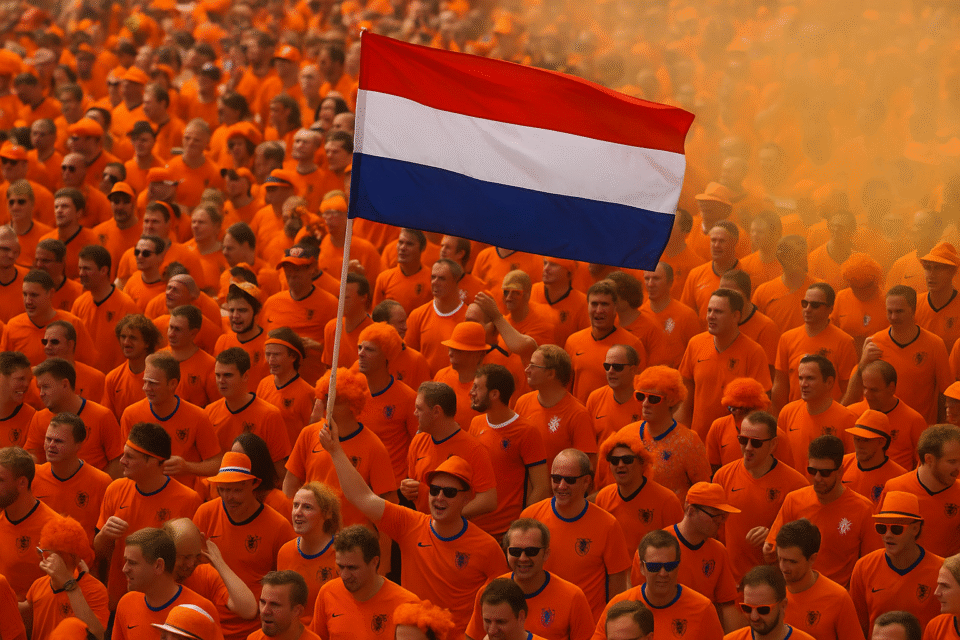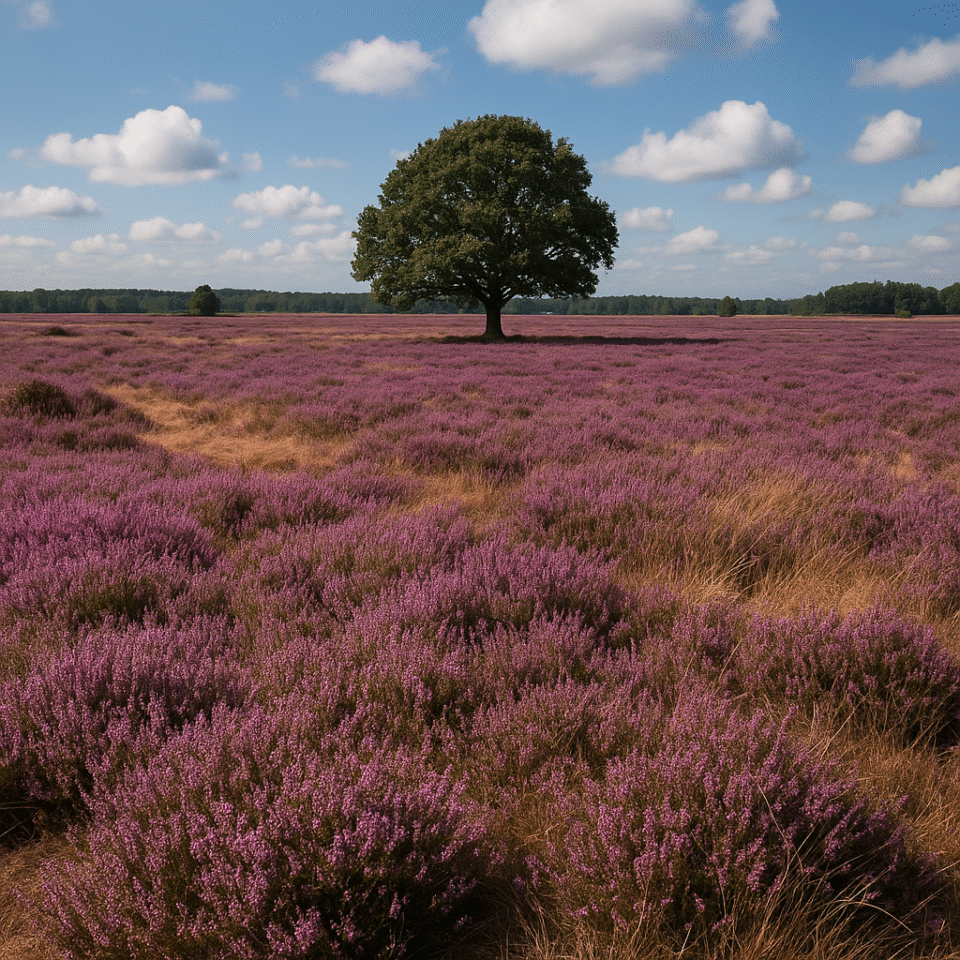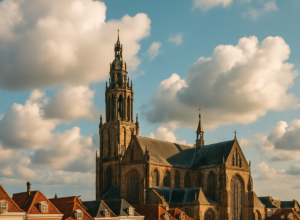What Is Eurovision? Understanding Europe’s Beloved Musical Phenomenon
From outlandish costumes to catchy pop anthems, the Eurovision Song Contest might seem like just another talent show to American eyes. Yet in the Netherlands – as across Europe – it’s a beloved cultural institution that blends music, politics, and national pride into a uniquely European spectacle.
If American Idol and the United Nations had a glittery, slightly chaotic child, it would be the Eurovision Song Contest.
Founded in 1956 to unite post-war Europe through music, Eurovision has grown into the world’s largest non-sporting live TV event, attracting around 180 million viewers annually.
Unlike American competitions focused on individual stardom, Eurovision is a contest between countries. Each participating nation (including non-European invitees like Israel and Australia) sends one musical act to perform an original song. After all performances, countries award points to their favorites, making the process part talent show, part diplomatic ballet.
The Dutch Relationship with Eurovision: From Obsession to Victory
The Netherlands is a Eurovision veteran—one of the founding participants and five-time winner. But their love for the contest goes beyond statistics. It reflects deeper elements of Dutch culture:
-
National Celebration
When Eurovision week arrives, homes and bars across the Netherlands erupt into party zones. Expect themed snacks, drinking games, and lovingly sarcastic commentary; it’s a shared ritual that cuts across age groups. -
Cultural Diplomacy
Dutch entries often highlight values like inclusivity, innovation, and artistry. It’s a chance for the Netherlands to showcase its progressive spirit on a global stage. -
Historic Pride
The Netherlands won in 1957 (its first victory), and most recently in 2019 with Duncan Laurence’s “Arcade”. That win brought Eurovision to Rotterdam in 2021, giving the Dutch a rare home-turf celebration. -
Blunt but Bonding Commentary
True to their reputation for directness, Dutch fans and commentators don’t hold back. Whether it’s scathing or sentimental, the running commentary is part of the fun and very much on-brand for the Dutch.
Eurovision Through American Eyes: What’s So Different?
For Americans used to the polish of The Voice or America’s Got Talent, Eurovision can feel like a glittery fever dream. But that’s exactly the point.
-
Geopolitical Undertones
Voting isn’t always about the music. Neighboring countries often give each other points, and international tensions can shift results, offering a rare glimpse into European soft diplomacy. -
Proudly Weird Performances
Eurovision celebrates the eccentric. Think monster rock bands from Finland, dancing grandmothers from Ukraine, and falsetto ballads from Iceland. The Dutch love this irreverent spirit, which is equal parts entertainment and art experiment. -
Cultural Weight
Eurovision isn’t a casual Saturday show. In the Netherlands, it’s closer in spirit to the Super Bowl: a national event that dominates conversations, memes, and media. -
Linguistic Diversity
While English songs dominate, you’ll still hear French, Ukrainian, Swedish, and more. For a country like the Netherlands—fluent in English but proud of its own language—this feels natural, not niche.
Experiencing Eurovision in the Netherlands: A Cultural Window
If you’re in the Netherlands during Eurovision season (typically May), you’re in for a treat. Here’s how to dive in like a local:
-
Join a Viewing Party
Many bars, especially in cities like Amsterdam and Utrecht, host screenings of the semifinals and grand final. Dutch friends may also invite you to home-viewing parties, often with themed snacks and insider commentary. Tip: Eurovision is broadcast on NPO and AVROTROS, and is also available to stream online. -
Learn the Scoring System
Each country awards points based on both a professional jury and public televote. The dramatic point reveals—especially in the final hour—are a beloved ritual. -
Use a Scorecard
Dutch fans often print or handwrite scorecards to rank each performance. You’ll see categories like vocals, staging, costume, and “camp factor.” Here’s a simple version to copy or sketch: -
Embrace the Excess
The Dutch take Eurovision both seriously and lightly. They’ll mock the theatrics while still feeling every beat of the competition. That balance—cynical and sincere—is part of the experience.
Watching Eurovision in the U.S.?
You can stream the full contest live on Peacock, which holds the official U.S. rights. Clips, behind-the-scenes footage, and past performances are also available on Eurovision’s official YouTube channel.
What Eurovision Reveals About Dutch Culture
Watching Eurovision with Dutch people doesn’t just teach you about the contest—it offers a glimpse into the national psyche:
-
Global Outlook
The Netherlands’ enthusiasm for a Europe-wide contest reflects its deeply international mindset. Eurovision celebrates connection over borders, something the Dutch intuitively support. -
Sincerity with a Wink
Whether it’s art, politics, or performance, the Dutch tend to engage seriously but with a dose of self-aware humor. Eurovision embodies this mix perfectly. -
Community Through Critique
Eurovision becomes a space for collective judgment: playful, honest, and communal. In the same way the Dutch debate politics at the dinner table, they dissect songs with unfiltered charm. -
Pride Without Nationalism
When the Dutch win or place well, there’s joy, but not jingoism. It’s national pride grounded in artistry and creativity, not superiority.
Final Note: Why Eurovision Is More Than Just a Song Contest
Far from being “just singing and dancing,” Eurovision serves as a revealing lens into Dutch society: egalitarian, expressive, playful, and globally attuned. It’s not just a music show; it’s a mirror of European values and Dutch personality.
So next May, when the Dutch around you become suddenly obsessed with sequins, smoke machines, and absurd key changes, don’t roll your eyes. Lean in. You’re witnessing a cultural institution that has helped shape European identity for nearly 70 years.
And who knows? You just might find yourself shouting “douze points!” at your TV.








